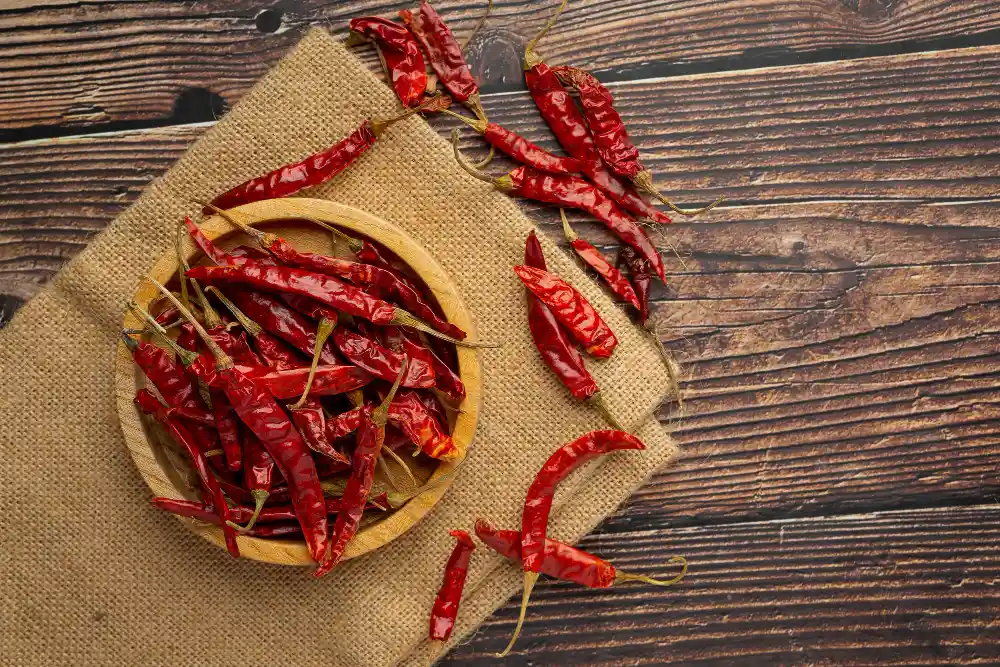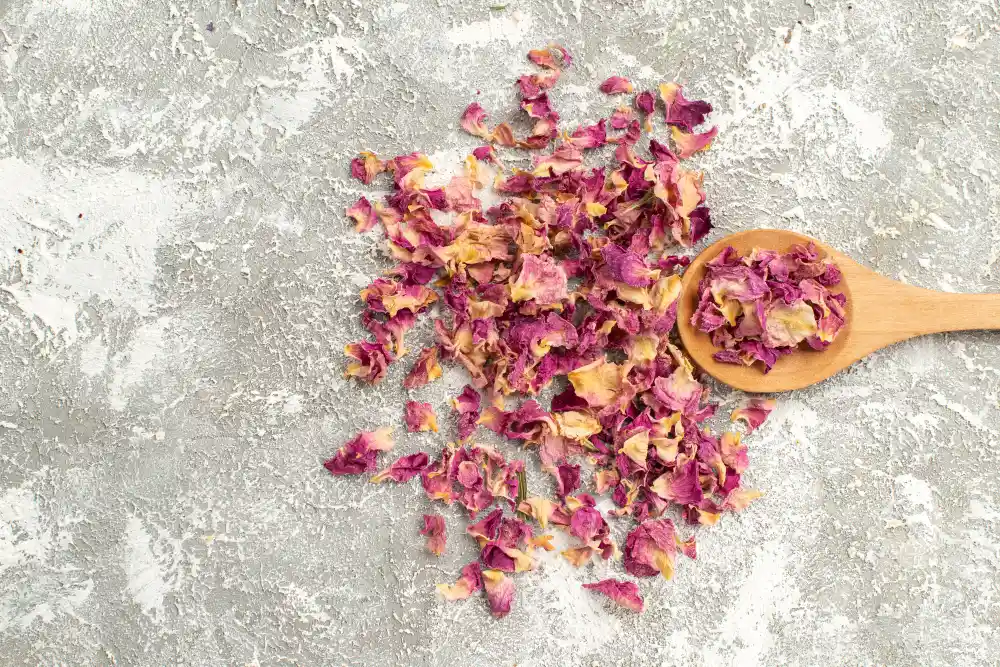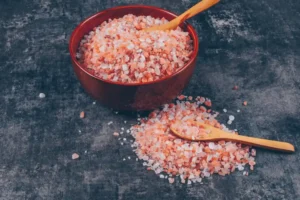Goodness on Every Plate
From India’s heartland to kitchens across the world, Nesbee delivers authentic spices, herbs, and natural foods that enrich every meal.
A Journey of Flavor That Began Centuries Ago
The Legacy of Indian Spices
For generations, India has been known as the land of spices — where culture, color, and cuisine blend in harmony. Every spice carries a legacy, cultivated in rich soils and seasoned by history.
At Nesbee, we honor this ancient heritage by delivering spices that capture the soul of Indian agriculture — pure, aromatic, and full of life. Our products are more than ingredients; they are a celebration of tradition and taste.
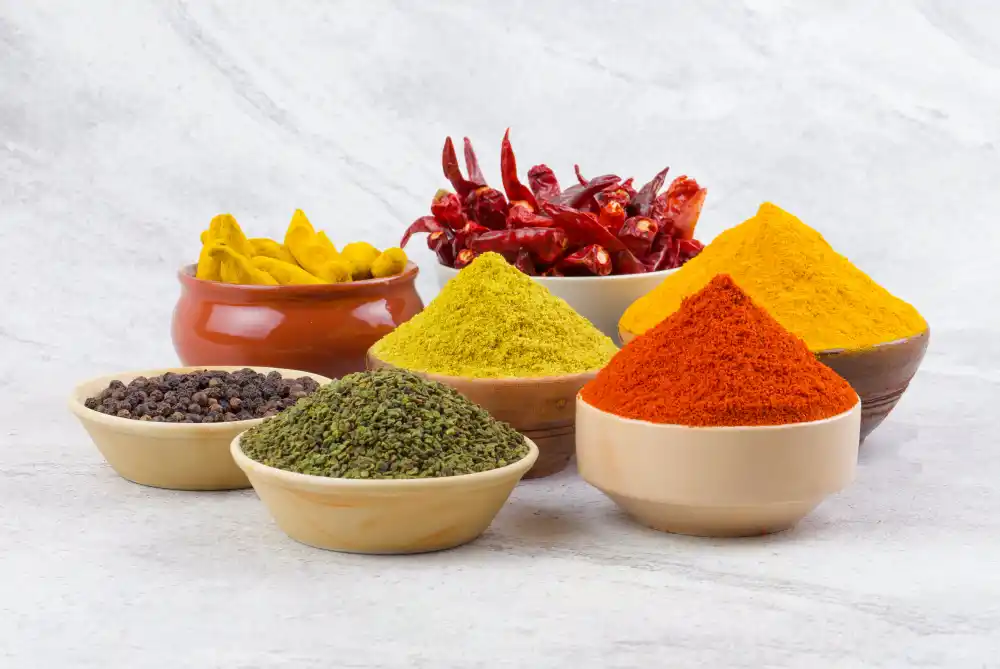
About Nesbee
Your Global Partner in Natural Flavours
Founded with a passion to share India’s authentic taste with the world, Nesbee Spices & Foods Pvt. Ltd. is a trusted manufacturer and exporter of high-quality spices, herbs, salts, oilseeds, and staples.
Blending traditional expertise with modern technology, we ensure that every product meets global quality standards — pure, hygienic, and full of natural flavor. From sourcing to packaging, Nesbee represents integrity, innovation, and excellence.
From the soil of India to the soul of the world
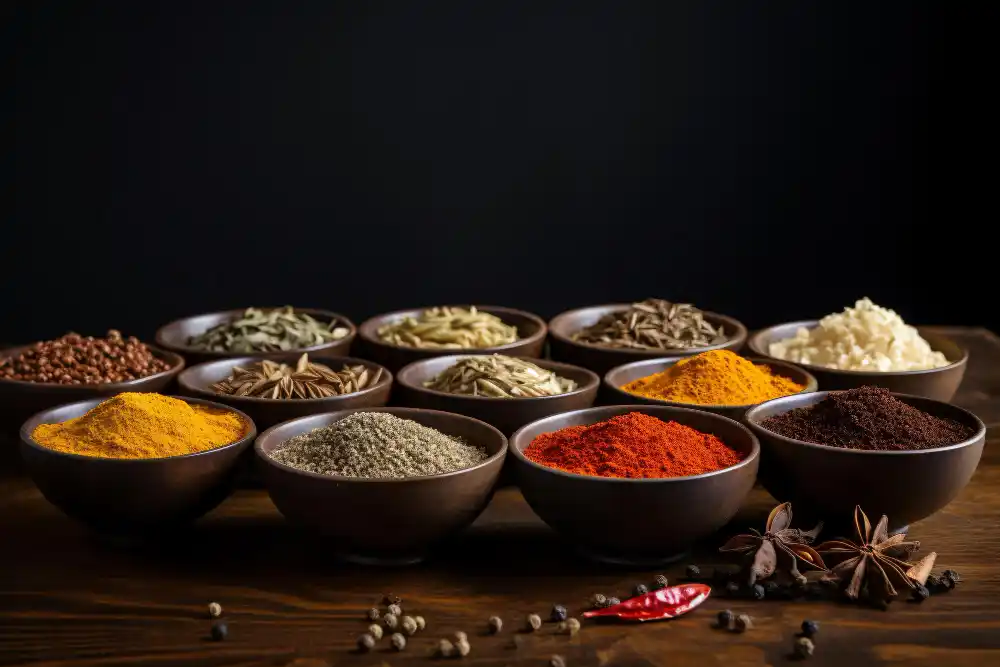
Our Services
Delivering Indian Authenticity, Worldwide
More than a supplier — we are your partner in delivering India’s authentic taste to the world.
At Nesbee, we don’t just sell products — we deliver complete solutions. From sourcing the finest raw materials to ensuring timely global delivery, our services are designed to meet the needs of international importers, retailers, and culinary brands.
We understand that every market has unique demands — and our flexible, customer-centric approach ensures you get exactly what you need, when you need it.
Our Product Range
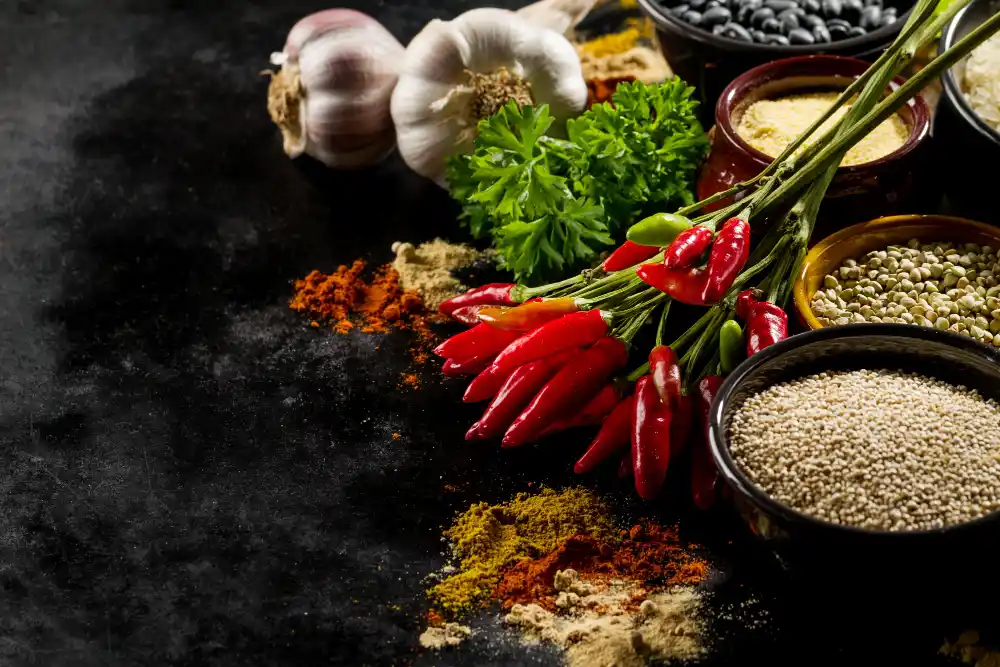
Why Choose Us
Where Purity Meets Global Excellence
We believe that quality is not an act, but a commitment. Nesbee is built on values that define who we are and what we deliver — authenticity, sustainability, and trust.
- Pure & Natural
- Global Standards
- Sustainable Sourcing
- Clean & Safe
- Customer Trust
- All
- Spices
- Herbs
- Oilseeds
- Salt
- Staples
Let’s Grow Together, Globally
Come and join with us
At Nesbee, we believe that great partnerships create great possibilities. Whether you’re a distributor, retailer, importer, or brand looking to collaborate — we welcome you to join our global family. Together, let’s share India’s authentic flavors with the world and build a future rooted in trust, quality, and growth.
Testimonials
What They Say
Trusted by Buyers and Chefs Around the World
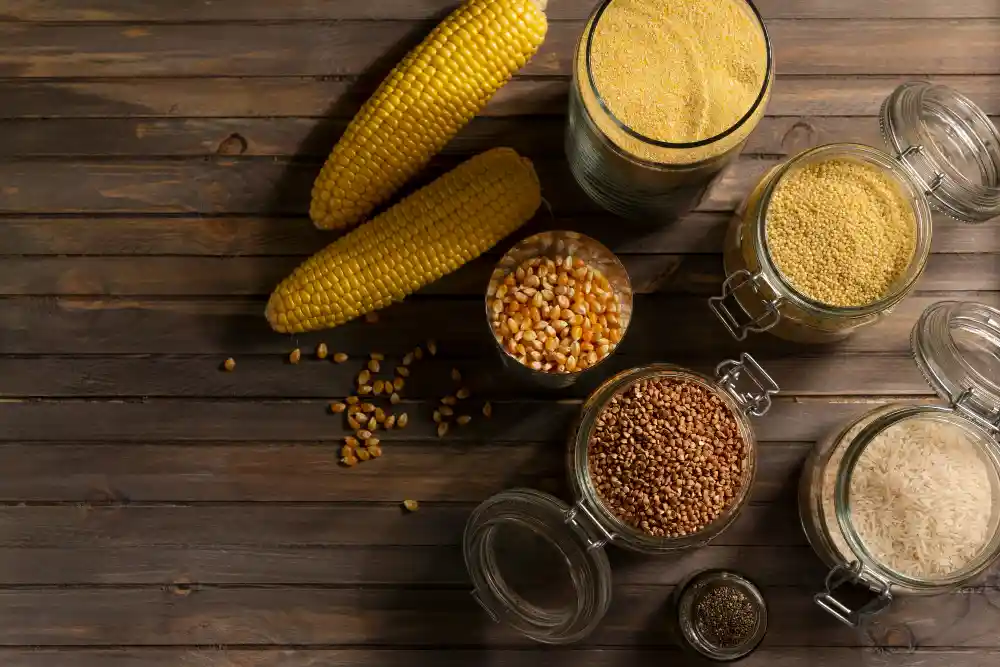
Our customers love the authenticity of Nesbee spices. The quality is outstanding, and their packaging and delivery are always on point. They’ve helped us bring real Indian flavors to our retail shelves.
Sarah Patel
Nesbee has redefined what quality means in the spice industry. Every shipment we receive maintains perfect aroma, consistency, and freshness. Their team’s professionalism and reliability make them one of our most trusted suppliers.
Anna Rodríguez
Working with Nesbee has been seamless from the start — from product sampling to export documentation. Their transparent communication and ethical sourcing practices truly set them apart.
Michael Chen
Nesbee doesn’t just sell products — they build relationships. Their custom blends and private label solutions helped us expand our product range successfully in the Middle East.
Ahmed Al Farsi
It’s rare to find a company that combines quality, sustainability, and service so perfectly. Nesbee’s attention to detail and commitment to ethical sourcing make them stand out in the global market.
Lisa Nguyen
Latest Blogs
What They Say
Insights, Inspirations, and India’s Food Heritage.
Instagram
A Glimpse Into Our World
From India’s Fields to Global Tables – Follow Our Journey.

